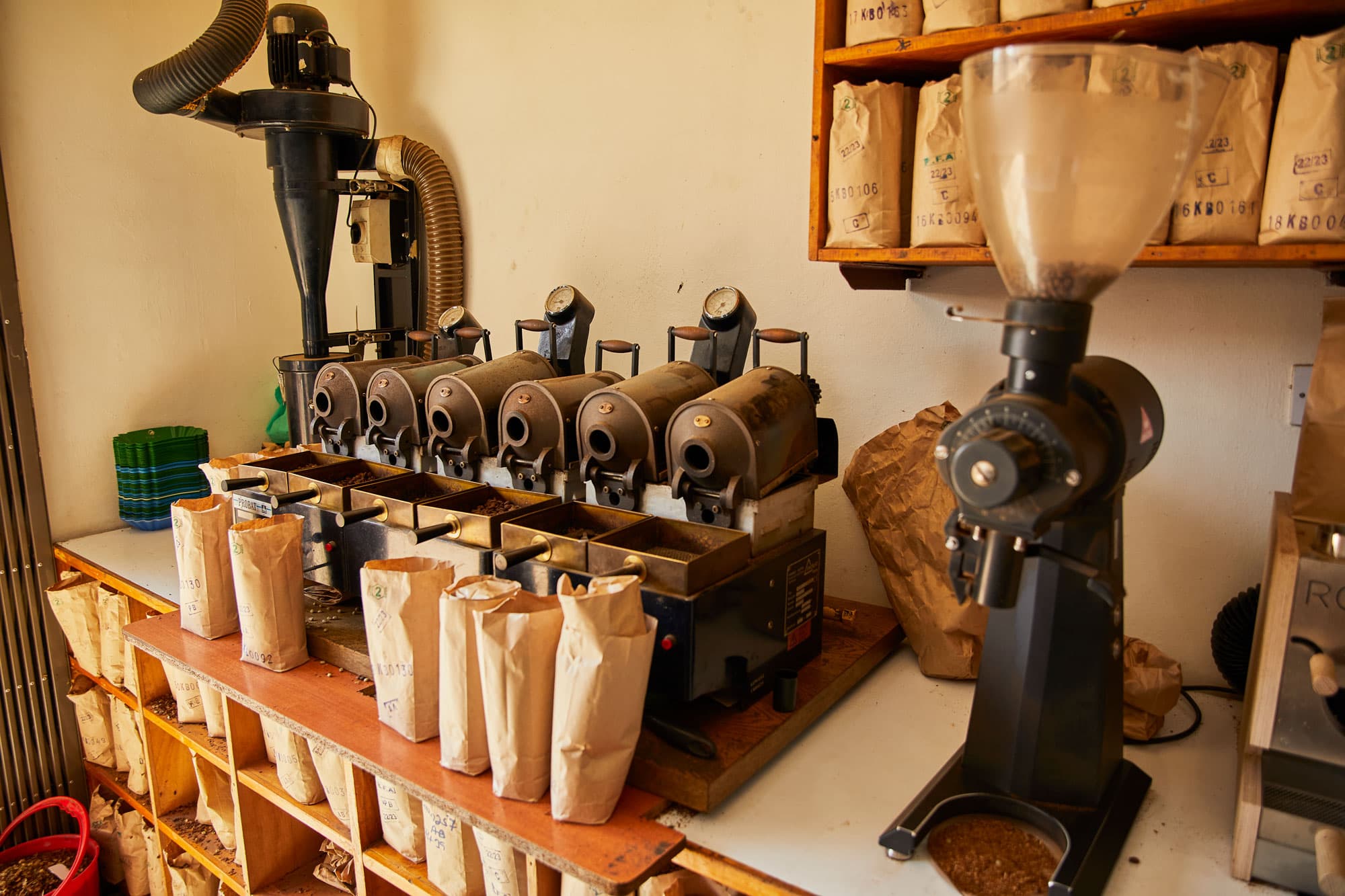We're loading the full news article for you. This includes the article content, images, author information, and related articles.
A new government notice would grant 10 companies exclusive rights to export, roast, and package Kenyan coffee, allowing them to deal directly with international buyers as part of reforms to boost farmers’ earnings.

Nairobi, Kenya – The Kenyan government has moved to restructure the coffee industry by proposing exclusive export, roasting, and packaging licenses for ten companies. In a Kenya Gazette notice dated August 22, the Agriculture and Food Authority (AFA) listed the firms set to receive rights that allow them to bypass traditional middlemen and deal directly with international buyers in the coffee market.
The initiative is part of broader reforms aimed at increasing transparency and farmers’ earnings in Kenya’s lucrative coffee sector. Seven of the selected companies will be authorized to import raw coffee, then roast and package it for export. The other three will specialize in facilitating direct sales of unroasted green coffee to overseas markets. By segmenting the roles, regulators hope to boost efficiency and encourage specialization along the supply chain.
Under the proposal, public feedback has been invited within a 14-day window. Stakeholders can submit objections or comments before August 30, citing any concerns about granting the exclusive licenses. The AFA has emphasized that any opposition must be substantiated with valid reasons given the significance of the changes.
Kenya’s coffee exports have been on an upswing – data from the Kenya National Bureau of Statistics showed a 12% increase in export volume in 2024 (to over 53,500 tonnes) compared to 2023. Earnings climbed to Ksh38.4 billion last year, up from Ksh32.4 billion the previous year, thanks to higher volumes and strong global prices. Officials believe that empowering select firms to work directly with global buyers could further boost revenues for farmers by cutting out costly auction processes and ensuring more proceeds flow back to growers. The proposed licensing shake-up is a bold attempt to modernize one of Kenya’s oldest export industries, though it faces scrutiny from some existing market players wary of the new system.
Keep the conversation in one place—threads here stay linked to the story and in the forums.
Sign in to start a discussion
Start a conversation about this story and keep it linked here.
Other hot threads
E-sports and Gaming Community in Kenya
Active 9 months ago
The Role of Technology in Modern Agriculture (AgriTech)
Active 9 months ago
Popular Recreational Activities Across Counties
Active 9 months ago
Investing in Youth Sports Development Programs
Active 9 months ago